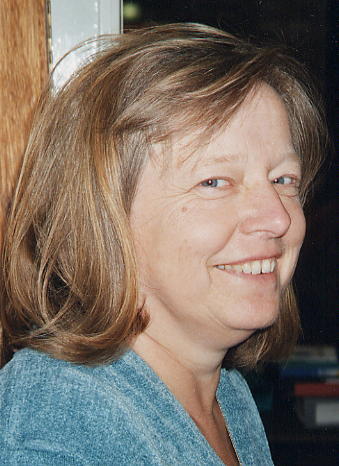



SOLE Co-ordinator's Report August 2012
by Maureen Storey
The only enquiry I've had in the last few months was from Douglas Beattie who wanted information on the family of the five Souls brothers who were killed in the First World War. Douglas is researching the family as part of a wider social history project covering that period.
The lull in activity has meant that I've had time to explore the records from the London Metropolitan Archives (LMA) that are now available on Ancestry. These records include all the parish records held by the LMA, poor law records, wills proved in the London consistory courts, school records, electoral rolls and poll books and much more besides, so I've had plenty of scope for finding new data.
So far I've been concentrating on the parish registers all of which are fully indexed. Though there is still a lot of work to do, I have already been able to fill in gaps in our database and to identify some of the children whose births appear in the GRO indexes but who didn't live long enough to be recorded in a census.
The parish records for Plymouth have recently been added to www.findmypast and with these I have been able to expand our data on the descendants of John Sole (born about 1760) and his two wives, Alexandrina Mitchener and Mary Gent. Although John is recorded as just a 'victualler' at the baptisms of his children, he was evidently a very successful one as he left a large estate. Three of his sons, William Davy, Edward and Henry William, became solicitors – William Davy and Edward practised in Plymouth but Henry William had offices in the City of London where he was in partnership with a Mr Turner. The partnership eventually expanded to include Henry's nephew William Charles, son of William Davy.
In any family there are always a few individuals who survive to adulthood but then disappear from the UK records. In many cases these people have emigrated but even with the ships' passenger lists that are currently online it isn't always easy to find out where they went or to find out what happened to them, so any source that might add further information is always very welcome. Such a source is the National Library of Australia's Trove newspaper index (www.trove.nla.gov.au/newspaper). Searches of this index revealed what had happened to two missing Soule brothers. Augustus May Soule (b. 1846) and Charles May Soule (b. 1849) were the sons of Israel May Soule, who was Minister of Battersea Baptist Chapel in London between 1837 and 1873 (Maysoule Road in Battersea is named after him). Thanks to the Trove index we now know they both emigrated to Australia.
Although he earned his living as a broker for an oil company, Augustus was a keen member of the Honourable Artillery Company in London, rising to the rank of captain. It seems he went to Australia to further his military ambitions and joined the permanent artillery unit of the South Australia Military Forces. On retirement from the artillery he became Custodian of the Adelaide Art Gallery, a position he held for 27 years until his retirement in 1916. Augustus never married and spent his last years in Adelaide's Aged Men's Retreat.
Charles May Soule emigrated to Australia in the late 1880s, took up teaching and became the much loved headmaster of the local state school in Romaine, Hobart, Tasmania. He married Harriette Moore in Hobart in 1895 and, having no children of their own they devoted themselves to the school and its pupils. Trove contains many references to him and his wife and some of them are reproduced on pages 25-31 of this journal. They give a fascinating insight into their lives in small town Australia at the end of the 19th century and beginning of the 20th century.
Another of Israel's sons also disappears from the UK records about 1880 and I think he probably also went to Australia - there is a reference in the Trove index to a Mr H M Soule in Hobart in 1900 but I haven't so far been able establish whether this is Henry May.
Return to The Sole Society Home Page